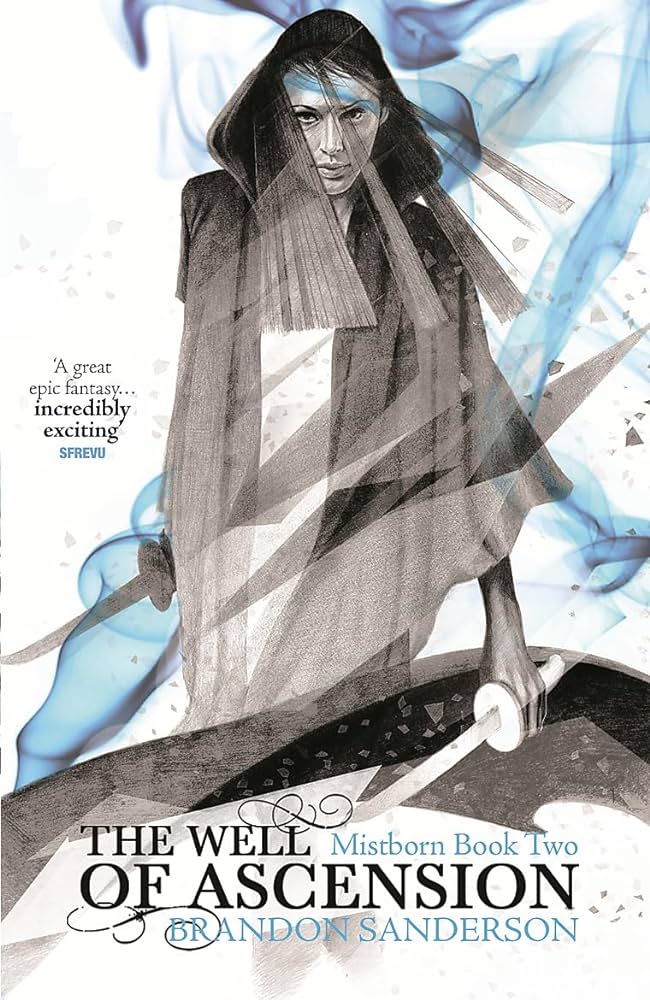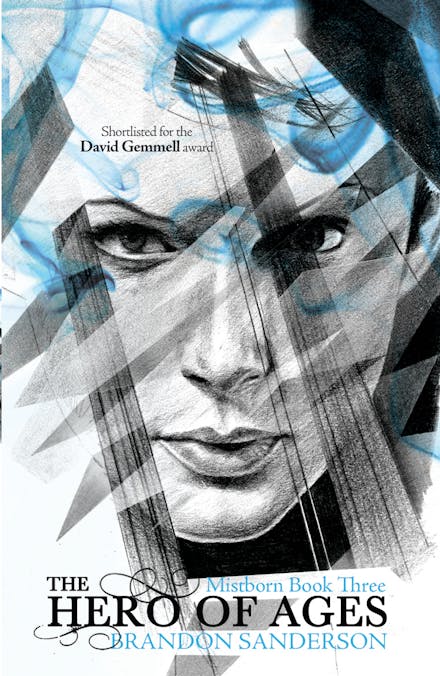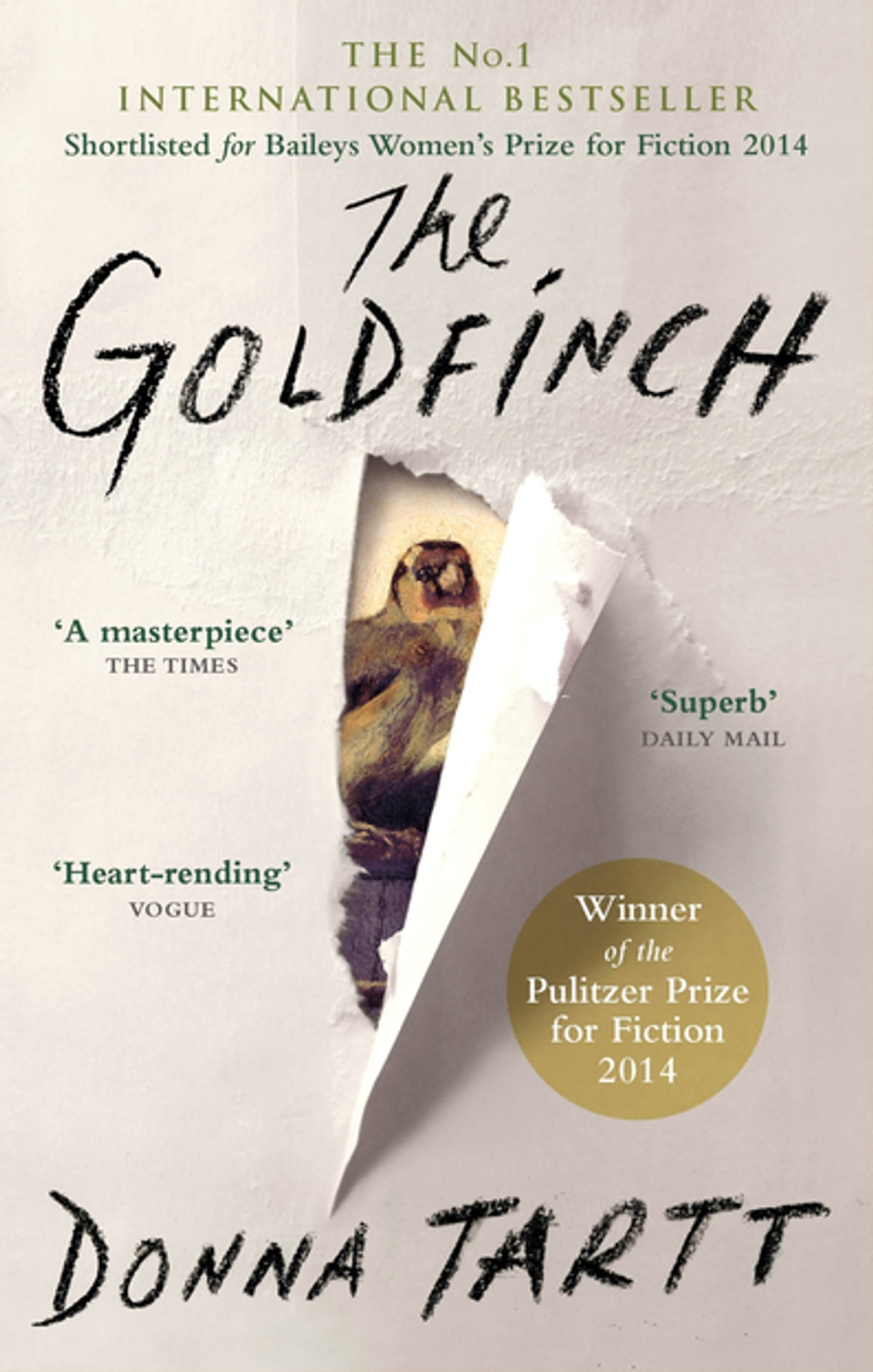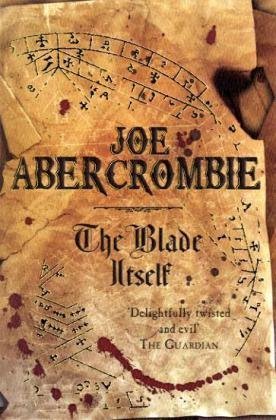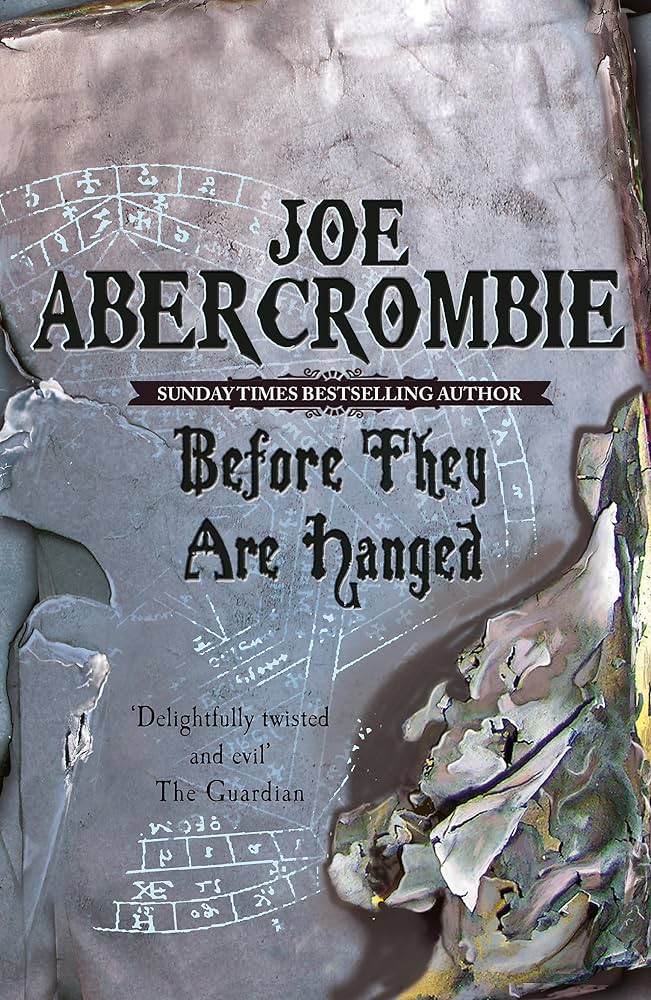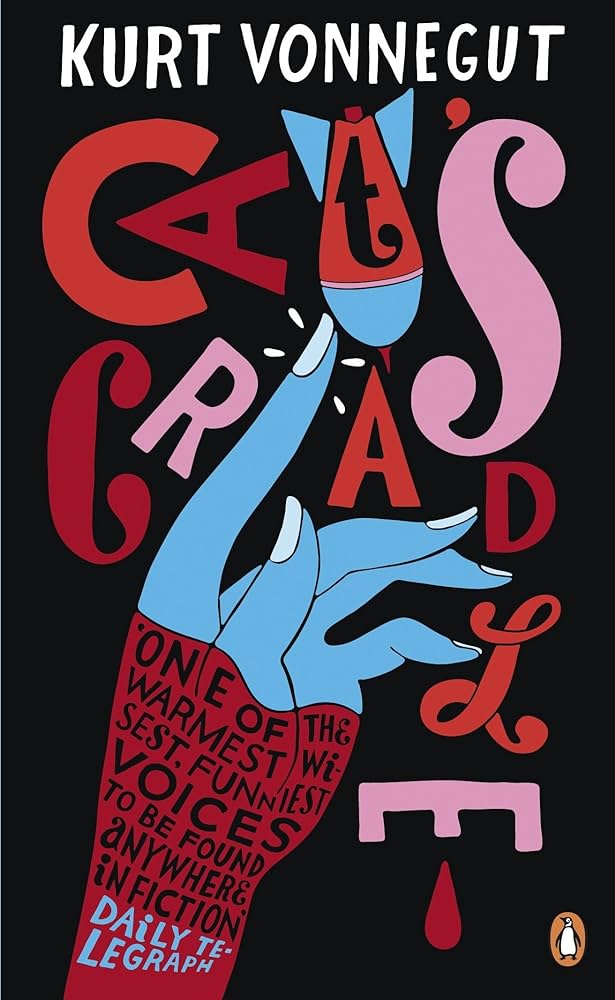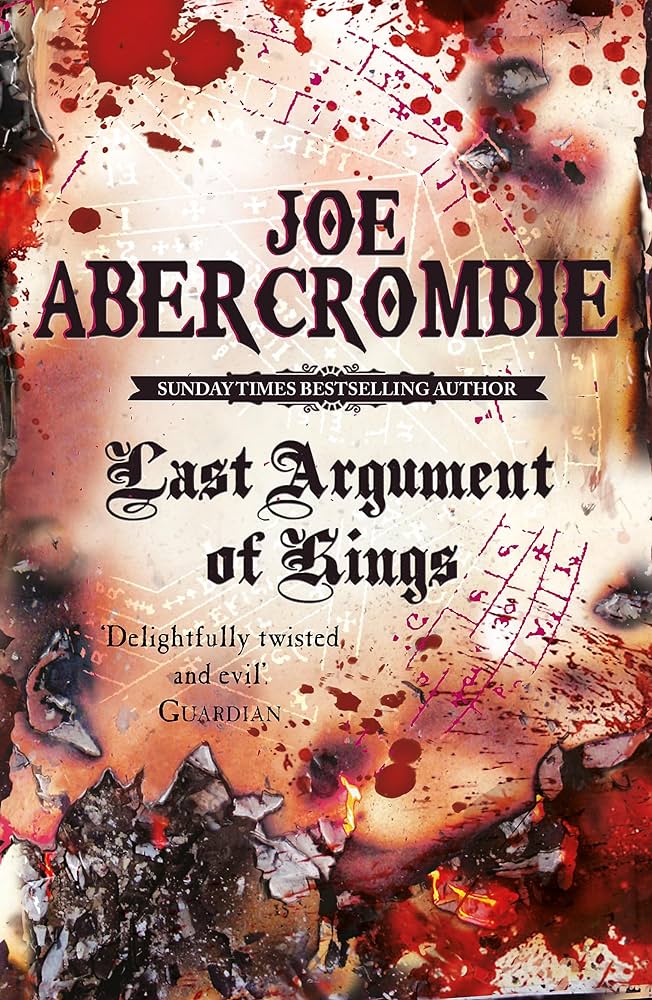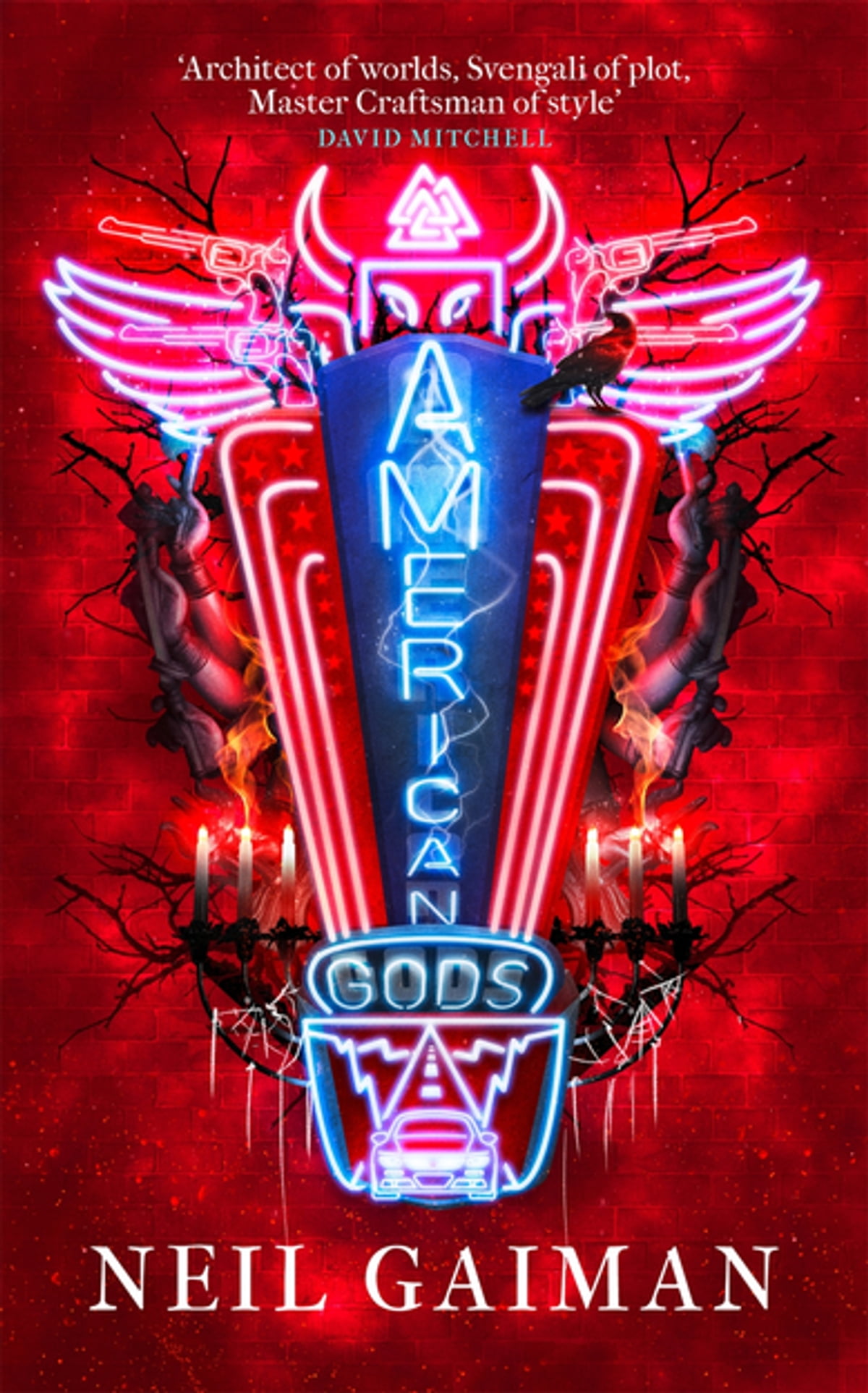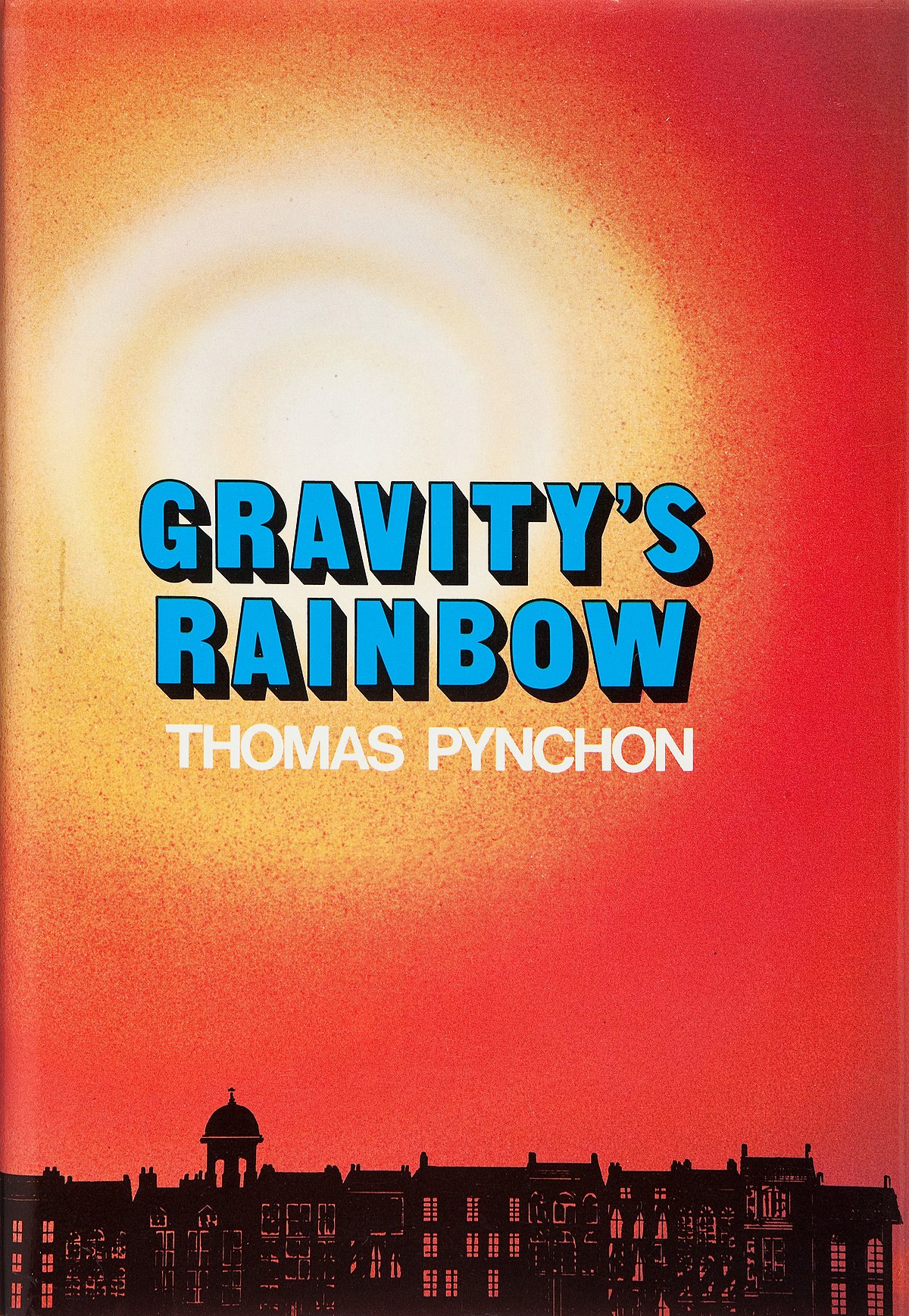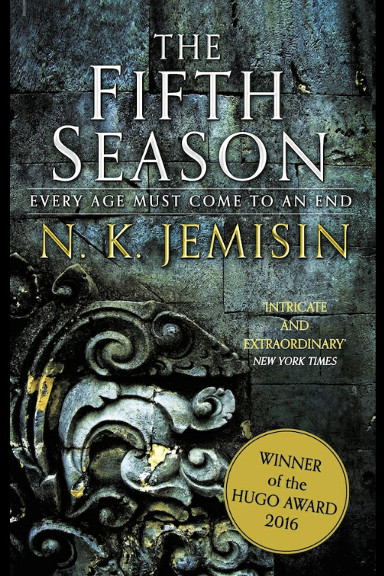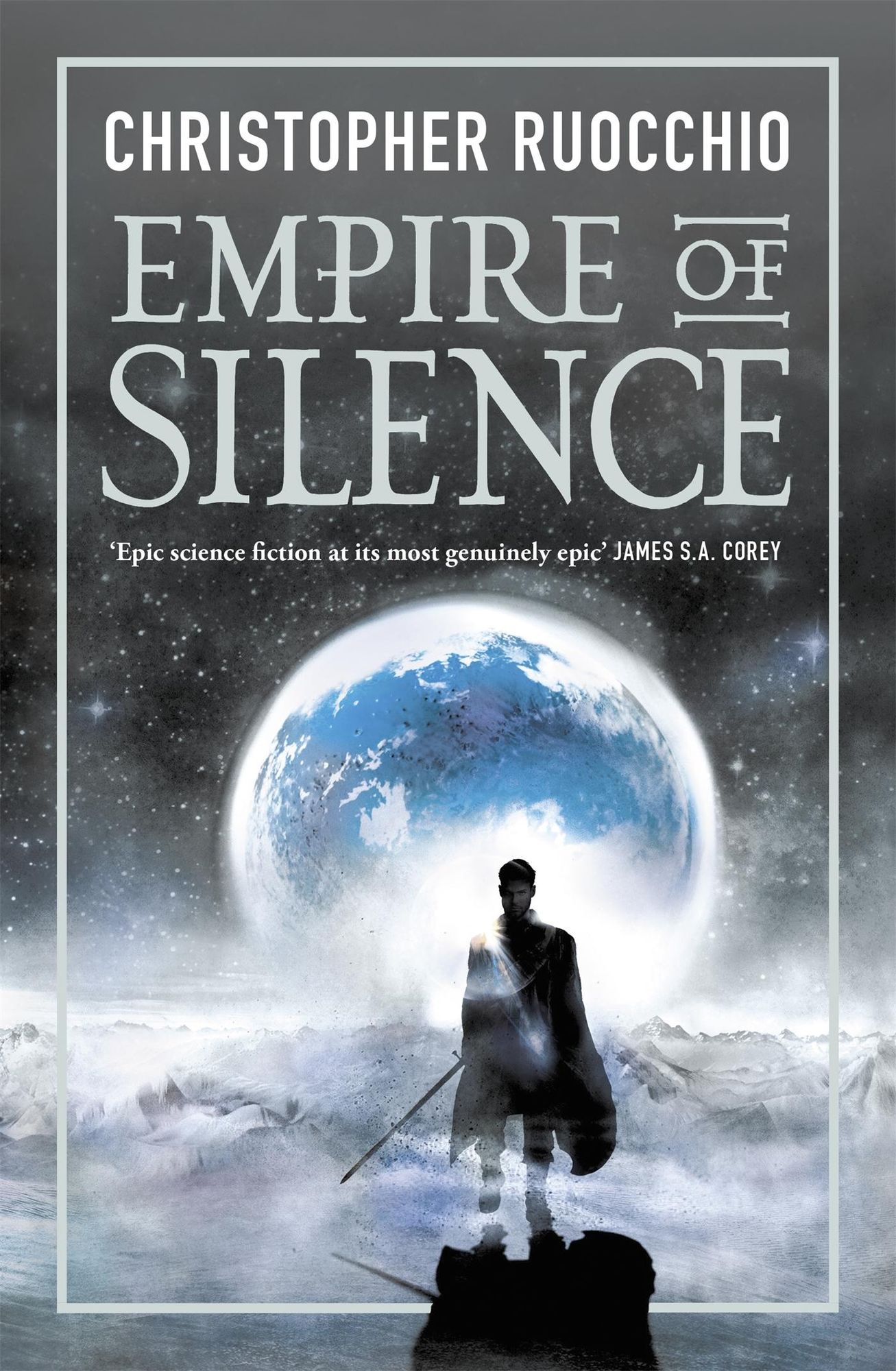Moe_Syzlak
Well-known member
- Messages
- 3,495
- Reaction score
- 1,214
- Trophy Points
- 118
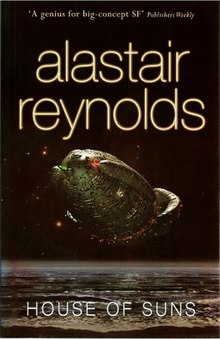
A mix of hard science fiction and space opera, the story is set throughout the Milky Way galaxy over about six million years. Its mix of fantastic elements and plausible science takes some getting used to but Reynolds is a worthy world-builder; though I wished he’d leaned more to the science side than the fantasy side at times. The novel’s strength is undoubtedly its plotting. It moves most of the time at a brisk pace pulling the reader along and allowing seemingly disparate ideas to click together in the tapestry of the overall tale. Unfortunately, the characterization is lacking. It is told in alternating chapters from the perspective of two “shatterlings” called Purslane and Campion. Like in my recent review of Leviathan Wakes, this felt a wasted device as both seemed so similar and were mostly going through the same experiences. The nature of the shatterling (they are two of 1000 clones of an original human—Abigail—who is herself the POV narrator, in flashback, of the beginning of each of the book’s eight parts. That said, these shatterlings are clearly different characters and not Xerox copies, plus they’ve had six million years of individual experiences with which to shape them. But unfortunately they never feel very distinct nor do I share much empathy with them. Still, the ideas are grand and fun to experience. I’m not sure if the book left several key things purposefully ambiguous, or if they were poorly conveyed, or if I was too dense to get it, but I still have questions left unanswered. I would, in the end, give it a soft 3.5 stars.
Last edited:

